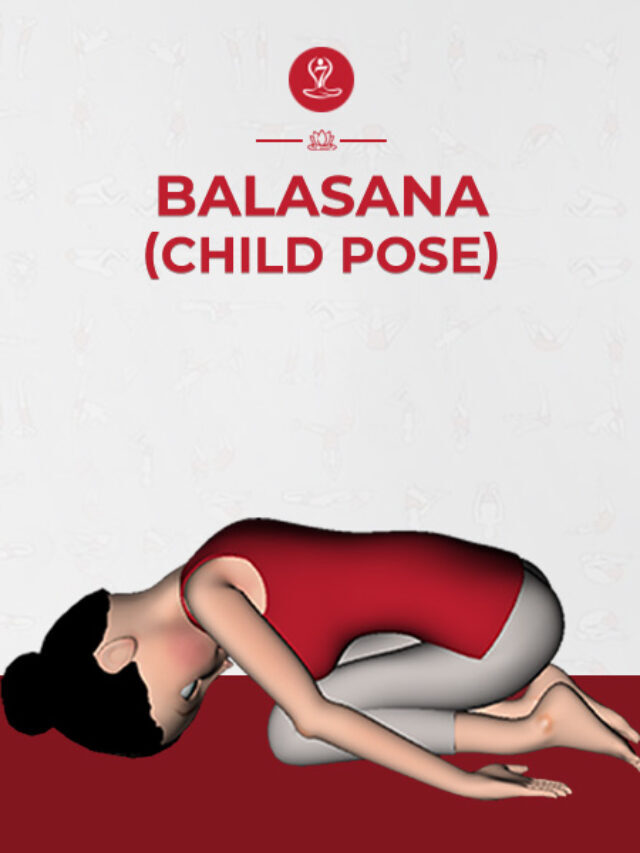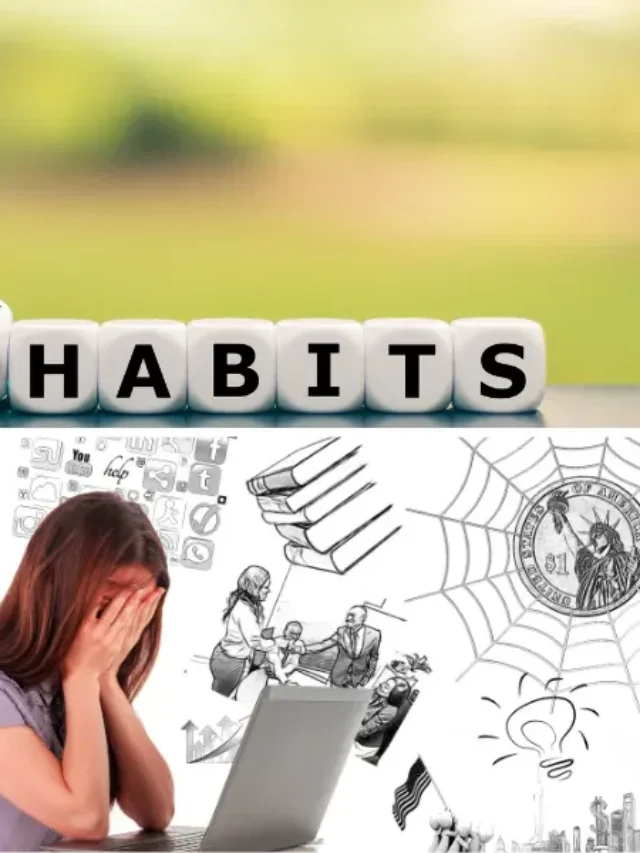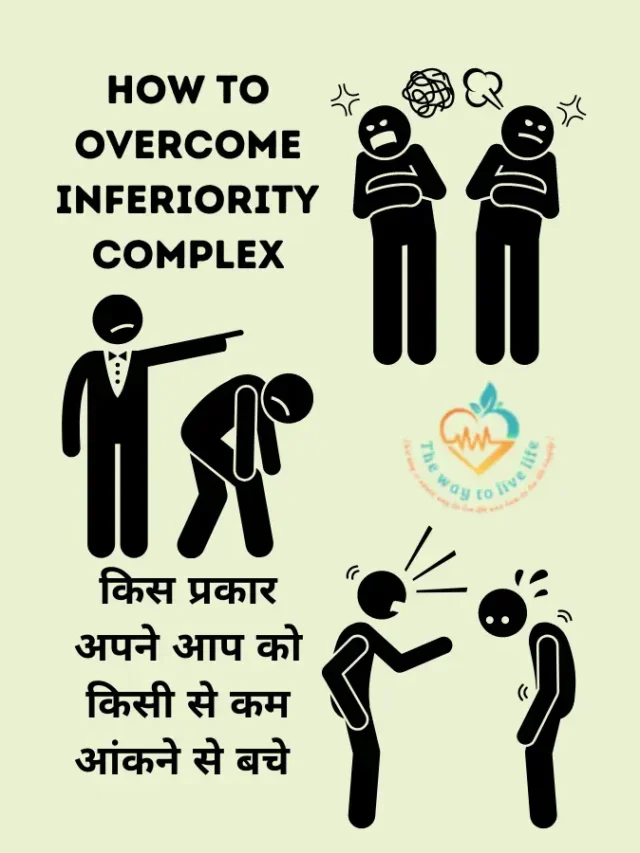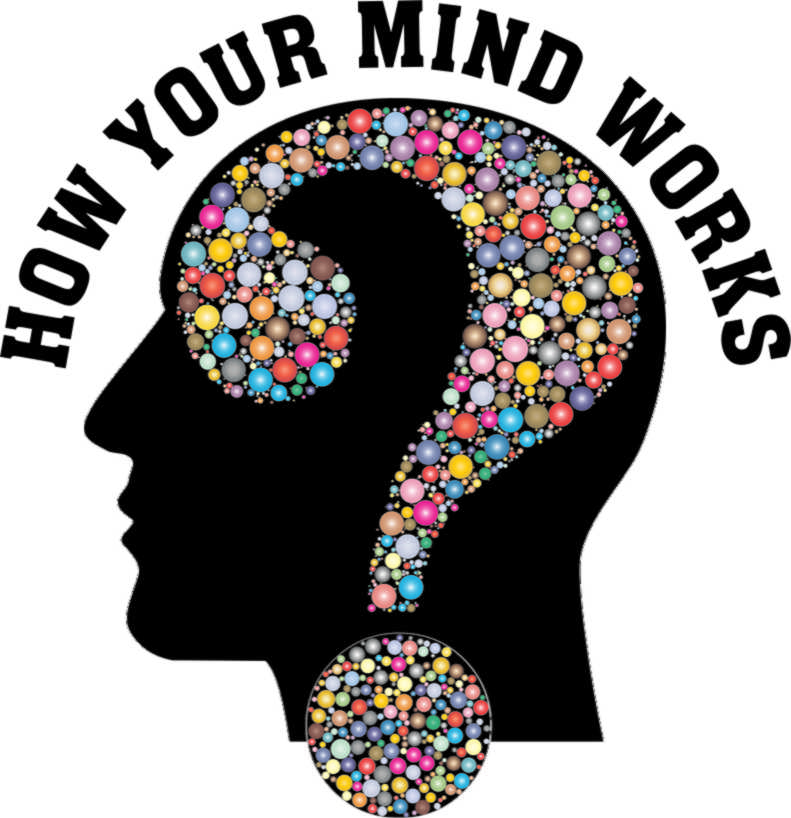The subconscious mind is the part of our mind that operates below the level of conscious awareness. It is responsible for processing and storing information that we are not currently paying attention to, such as memories, habits, beliefs, and emotions.
The subconscious mind is a powerful force in shaping our thoughts, feelings, and behaviors. It operates automatically and outside of our conscious control, which can sometimes lead to us acting in ways that we don’t fully understand.
Here are a few key ways that the subconscious mind works:
Read also: Major reasons for Headache
It processes information without conscious effort
The subconscious mind is able to process information quickly and efficiently, without requiring our conscious attention. For example, when we learn a new skill like driving a car, we may initially need to focus on every little detail. But with practice, our subconscious mind takes over and we can perform the task automatically, without having to think about it.
Here are some of the ways the subconscious mind processes information:
Read also: How to get better sleep at night?
Filtering: The subconscious mind filters out irrelevant information and only focuses on what it deems important. It uses past experiences and beliefs to determine what is relevant and what is not.
Associating: The subconscious mind associates different pieces of information with each other based on similarities, patterns, and connections. This helps to create a network of related ideas and concepts.
Storing information: The subconscious mind stores information in a way that is different from the conscious mind. It stores memories, emotions, and habits that can influence our behavior without our conscious awareness.
Processing emotions: The subconscious mind is closely linked to our emotions. It processes emotions and stores them as memories, which can influence our behavior and reactions in the future.
Read also: What is the difference between care/ concern and worry?
Hence, the subconscious mind processes information in a way that is more intuitive, automatic, and emotion-based than the conscious mind. By understanding how it works, we can learn to tap into its power and use it to improve our lives.
It stores memories and emotions
The subconscious mind is responsible for storing our memories and emotions. Even if we are not consciously thinking about a past event, our subconscious mind may still be processing the emotions associated with that event. This can sometimes lead to unexplained feelings of anxiety, sadness, or happiness. The subconscious mind stores memories and emotions in a way that is different from the conscious mind.
Here are some of the ways by which it stores memories and emotions:
Emotional tagging: When we experience a strong emotion, the subconscious mind tags the memory with that emotion. This is why certain memories may be more vivid or emotionally charged than others.
Repression: Sometimes, the subconscious mind represses memories or emotions that are too painful or traumatic to deal with consciously. These memories may resurface later in life, often triggered by a related event or experience.
Automatic processing: The subconscious mind is always processing information, even when we are not consciously aware of it. This can lead to automatic responses and habits that are based on past experiences and emotions.
Habituation: The subconscious mind can store habits and routines that we have learned over time. These habits can become automatic and can influence our behavior without our conscious awareness.
Overall, the subconscious mind stores memories and emotions in a complex and interconnected way. By understanding how it works, we can learn to tap into its power and use it to improve our lives.
It influences our behavior:
Our subconscious mind can influence our behavior in powerful ways. For example, if we have a deep-seated belief that we are not good enough, this may manifest in our behavior as a fear of taking risks or trying new things. The subconscious mind can have a powerful influence on our behavior, often in ways that we are not consciously aware of.
Here are some ways that the subconscious mind can influence our behavior:
Habits and routines: The subconscious mind is responsible for storing habits and routines that we have learned over time. These habits can become automatic and can influence our behavior without our conscious awareness. Emotions: The subconscious mind is closely linked to our emotions. It stores memories and emotions associated with past experiences, and can influence our behavior and reactions in the present.
Beliefs and values: The subconscious mind can store beliefs and values that we have learned over time. These beliefs and values can influence our behavior and decision-making without our conscious awareness.
Automatic responses: The subconscious mind is always processing information, even when we are not consciously aware of it. This can lead to automatic responses and behaviors that are based on past experiences and emotions.
The subconscious mind can have a significant influence on our behavior, often operating below our conscious awareness. This may involve techniques like visualization, hypnosis, and affirmations that help to reprogram our subconscious mind and release negative emotions and beliefs that may be holding us back.
Read also:5 things to treat Psoriasis with the help of Ayurveda
It can be reprogrammed:
Although the subconscious mind operates outside of our conscious control, it is still possible to reprogram it through techniques like hypnosis, visualization, and affirmations. By changing our beliefs and thought patterns at the subconscious level, we can change our behavior and achieve our goals. The subconscious mind can be reprogrammed through various techniques, such as:
Visualization: Visualization is a technique that involves creating mental images of what you want to achieve or change. By visualizing positive outcomes and repeating these mental images to yourself, you can reprogram your subconscious mind to work towards these goals.
Affirmations: Affirmations are positive statements that you repeat to yourself, often daily, to help reprogram your subconscious mind. By repeating positive affirmations, you can create new neural pathways in your brain and replace negative thought patterns with positive ones.
Hypnosis: Hypnosis is a technique that involves inducing a trance-like state to access the subconscious mind. During hypnosis, suggestions can be made to reprogram the subconscious mind and change negative thought patterns or behaviors.
Hence, reprogramming the subconscious mind takes time and effort, but can be done through consistent practice of these techniques. By reprogramming the subconscious mind, you can release negative beliefs and emotions that may be holding you back, and create a more positive and fulfilling life.
Overall, the subconscious mind plays a crucial role in shaping our thoughts, emotions, and behaviors. By understanding how it works, we can learn to harness its power and use it to achieve our goals and live a more fulfilling life.










